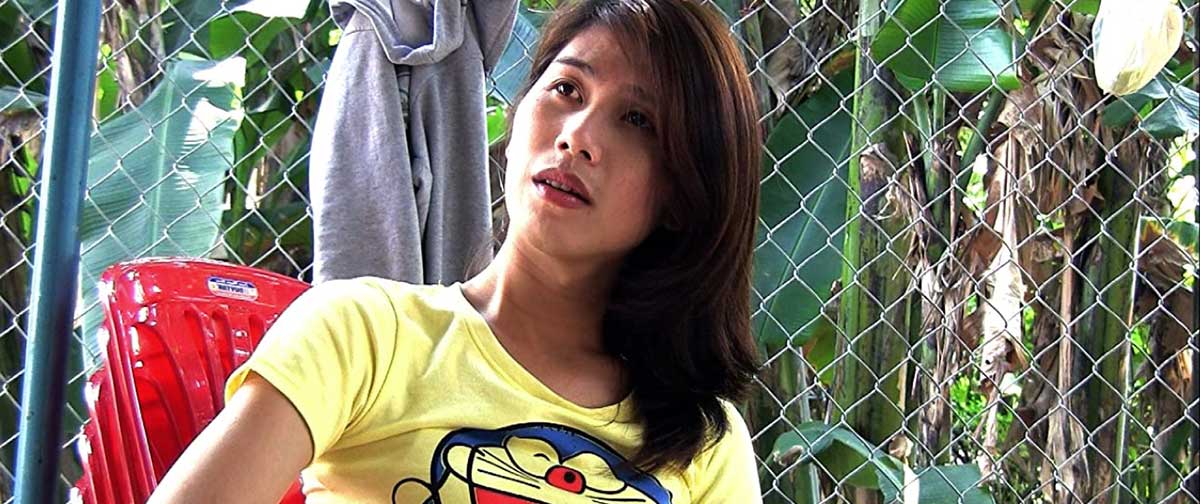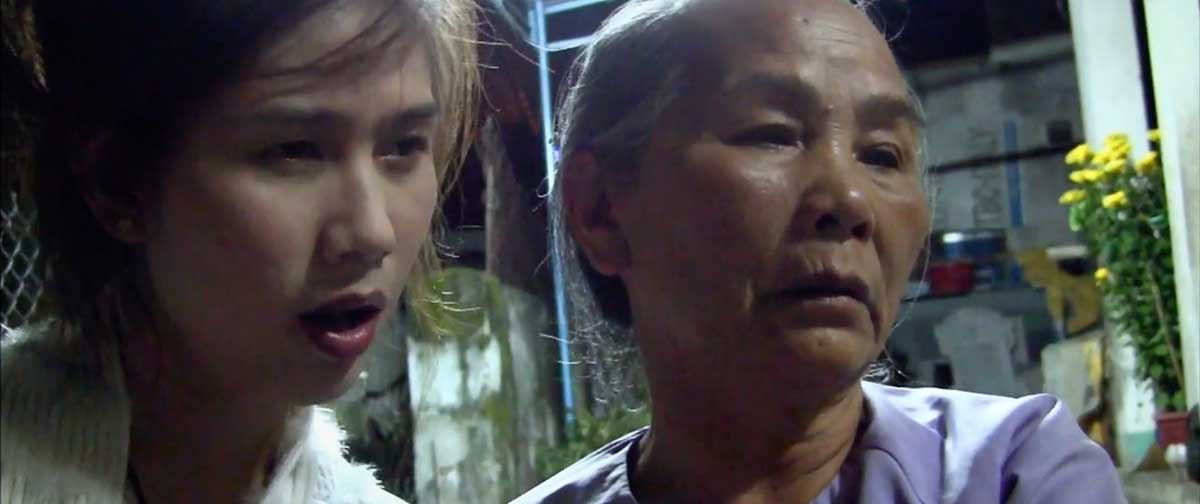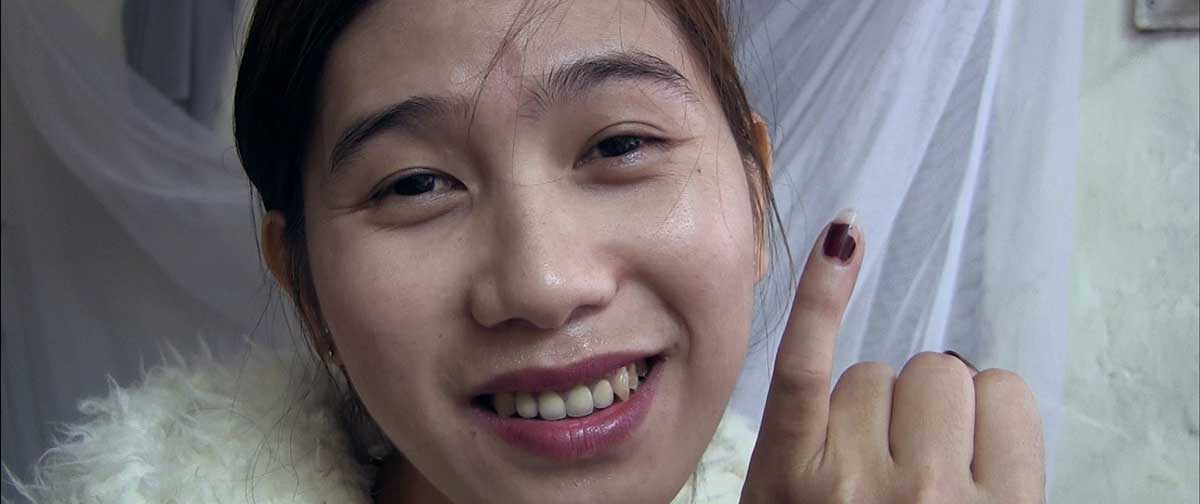YES! Filmmaker(s) Attending for Q&A
Fri Mar 4, 2022 – 7:30 pm | Irontek
NO TICKETS WILL BE SOLD AT THE VENUES
Purchase your ticket either online or at the Box Office
THIS FILM IS AVAILABLE FOR STREAMING AFTER FEB 25TH
Finding Phong
Directed by Swann Dubus and Phuong Thao Tran
Documentary Feature
Viet Nam | 92 min | 2015
A Young Vietnamese man transitions from male to female. The movie follows Phong’s struggle during these years, with excerpts from his intimate video journal, along with scenes from his encounters with family, friends, work colleagues and doctors – all of whom must come to terms with the boy’s determination to become a complete girl.
Director Statement
I always make films about injustice. And so I had wanted to make a film in Myanmar for a long time – since at least the failed Saffron Revolution of 2008. But the dictatorship made filming there impossible. In 2012, when things were beginning to change, I was invited to show one of my films in Myanmar’s first ever Human Rights Film Festival. I found the experience extraordinary, the people in Myanmar wonderful – characterized above all by a curiosity and thirst to learn – and so I wanted to return. The festival invited my wife and I to come back and teach new film students how to make their first human rights short films. We accepted, and returned with the idea of also making a film of our own.
While reading about Myanmar before we came, my wife observed that many books remarked about the importance of poetry in Myanmar, and how widespread the craft was.
In Myanmar, when we started exploring the subject, this was confirmed: indeed, poetry is really in the lifeblood of all Burmese. In fact, the difficulty became that there are too many poets in the country – for almost everyone writes poetry, and many, many consider themselves to be poets. Hence the Burmese joke, that in Myanmar, “there are more poets than stray dogs.”
But how to turn poetry into a film? This question was answered when I met Maung Aung Pwint – Myanmar’s most famous dissident poet, who had spent many years in prison for his activism. He was recommended to us by one of the founders of the Human Rights Film Festival – with the remark that I would like him very much when I’d meet him. This was an understatement. I was invited to his home, and as soon as I met him, I felt as if I had met a long lost friend. His deep penetrating gaze, his laughing eyes despite the sadness that often envelops him as an impenetrable fog. I knew immediately that I had found the main character for my film – something that usually in documentary filmmaking takes much longer, a process of trial and error, filming and watching footage, questioning my intuition, trying different things. Not this time.
Of course, we were blessed that Maung Aung Pwint opened up his heart and his household to us unconditionally, allowing us to film whenever and whatever we wished. Because of this we were able to film the heartrending intimate reunion of his family with his son that he had not seen for almost twenty years.
One of the first things Maung Aung Pwint told me was “let’s make a long poem together.” This was his invitation to me as a filmmaker. And a challenge.
We have tried to do honor to his request by making a film that itself in structure and form is like a poem – a film that is as beautiful as the words to which it is dedicated.
To do this we chose not just to tell only the story of Maung Aung Pwint – though we could have chosen to do so, and the result would have undoubtedly been equally beautiful. But because the country is so rich, and because its time of transition is so important, we wanted to make a film that would give more of a panoramic view of what the country is undergoing – and as well to show the ubiquity of poetry in it. That is why we chose to structure the film as a storybook: as a collection of cinema verité scenes all somehow linked to poetry, embedded within Maung Aung Pwint’s own story.
And so our film is about many things. It is about poetry. It is about a beautiful country emerging from many years of suffering. But above all, it is about resilience – an inner strength that seems to transform itself into one of the most elusive things for a filmmaker to capture, one that you think is ordinarily invisible, and that is grace. That is the greatest gift that we have been given by Maung Aung Pwint.
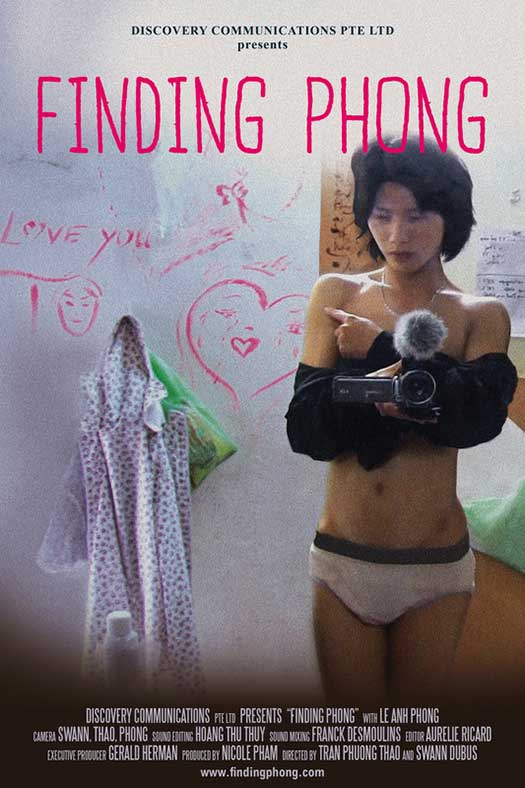
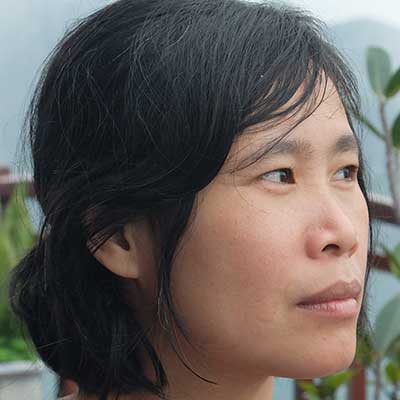
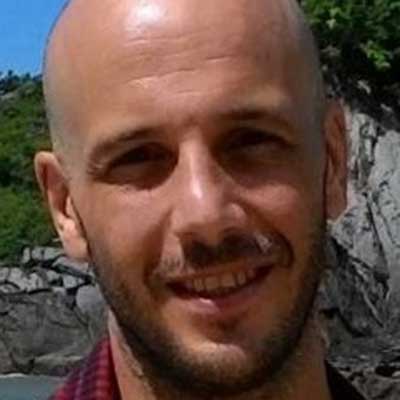 Swann Dubus and Tran Phuong Thao
Swann Dubus and Tran Phuong Thao
Director
Phuong Thao Tran was born in 1977 in Vietnam. She studied in Hanoi before moving to France where, in 2004, she received her master’s degree in documentary filmmaking from the University of Poitiers. She then debuted with the documentary Rêves d’ouvrières, which received the Yolande et Pierre Perrault Prix at Cinéma du réel in Paris in 2007.
Swann Dubus was born in 1977 in France. He studied literature and cinema at Paris III University and debuted as a director in 2000 with the documentary 1977-1989, which was followed by the short Lettre à L. … He has also collaborated as director of photography for the film La goutte d’eau (2005) by Carole Sionnet.

